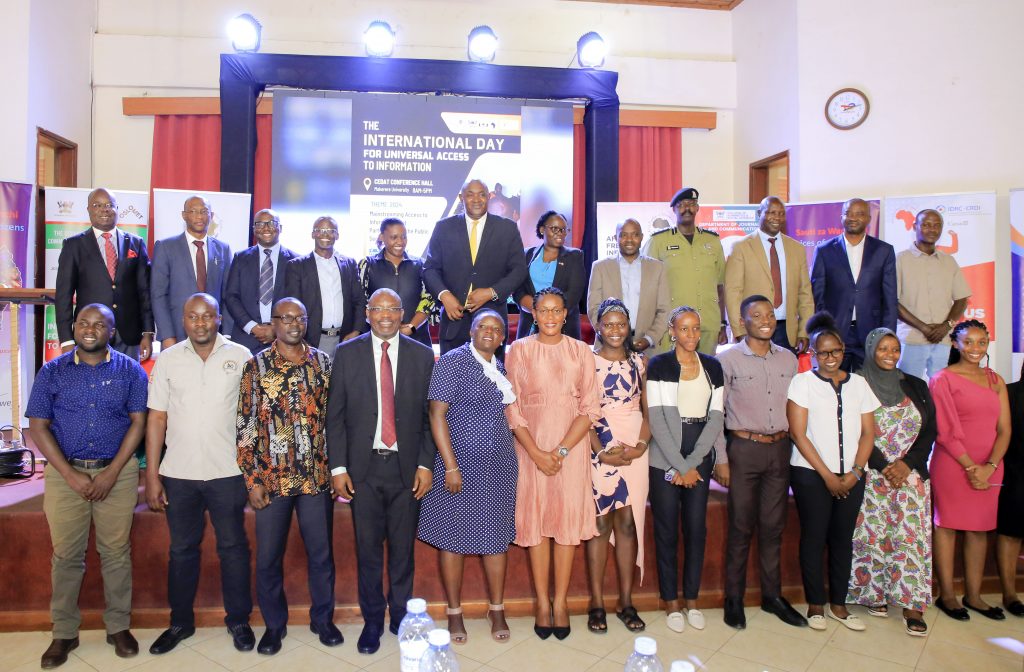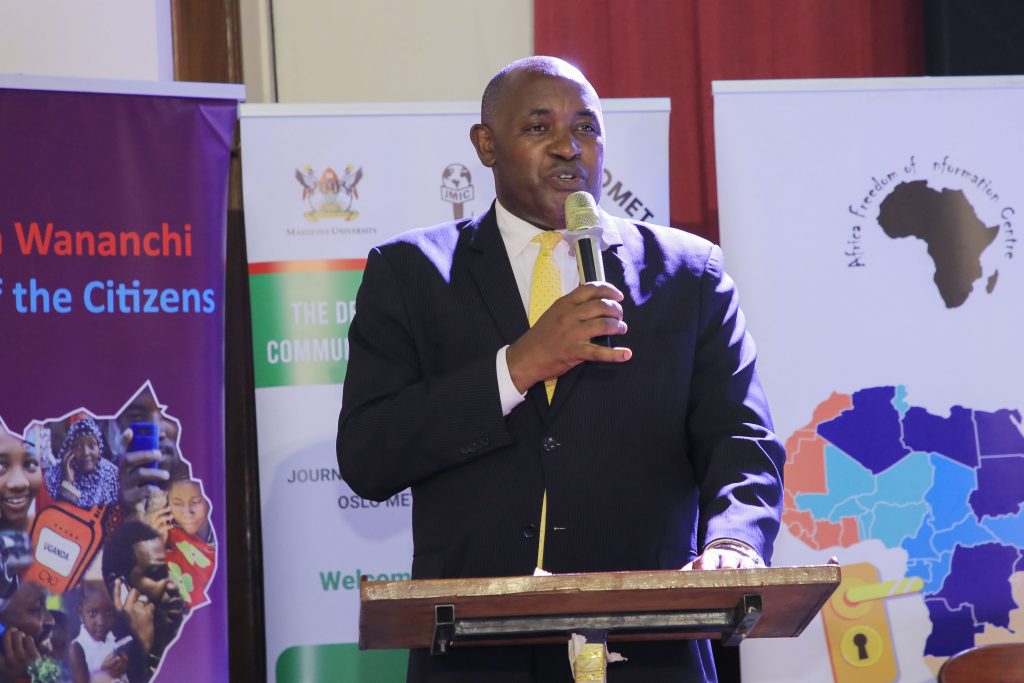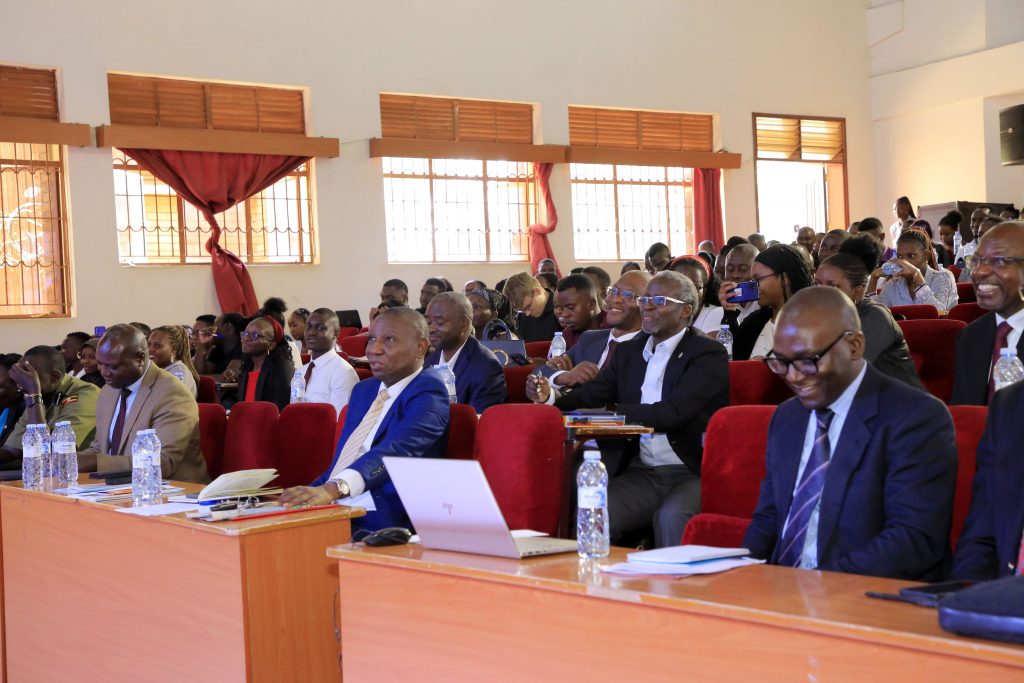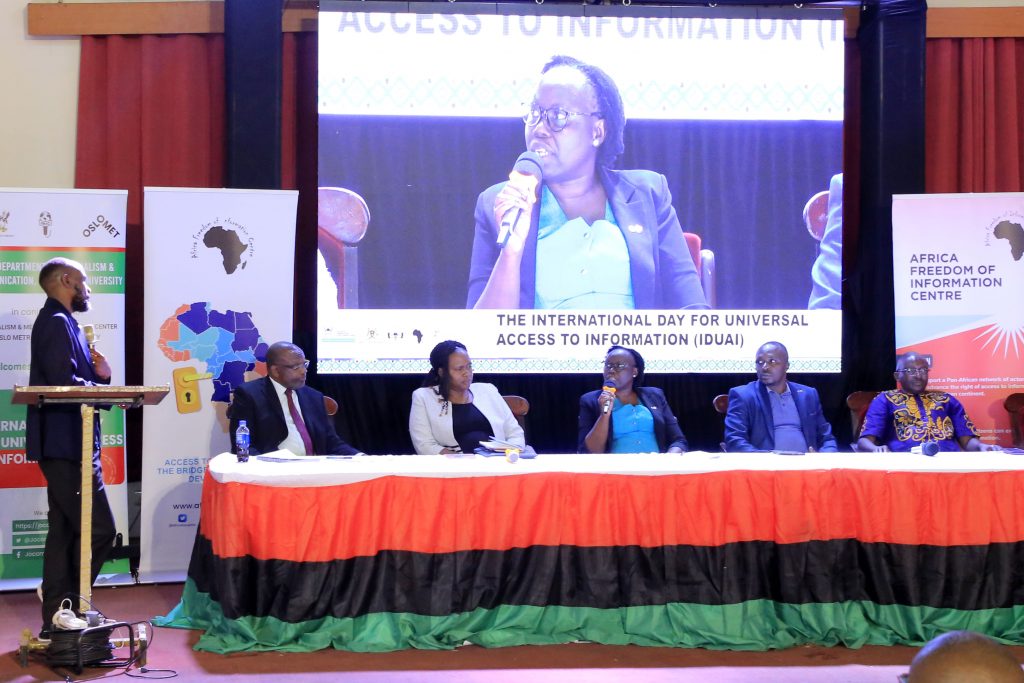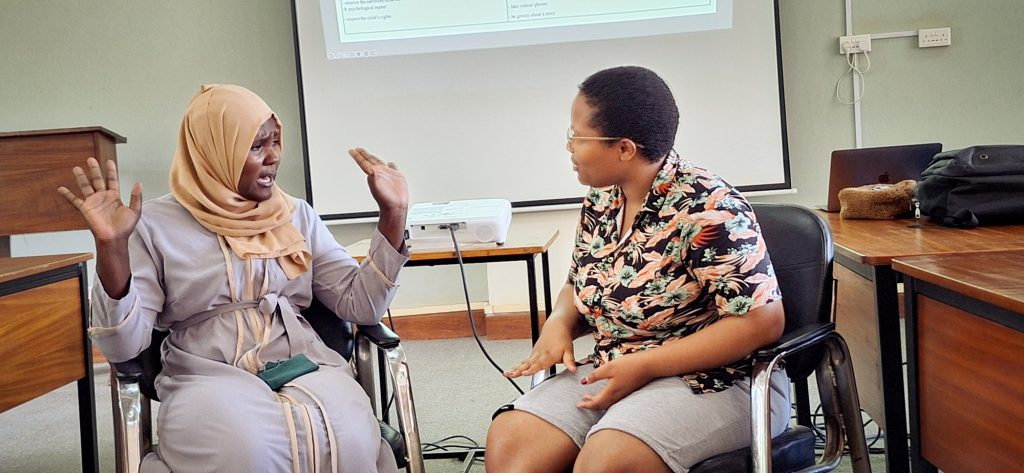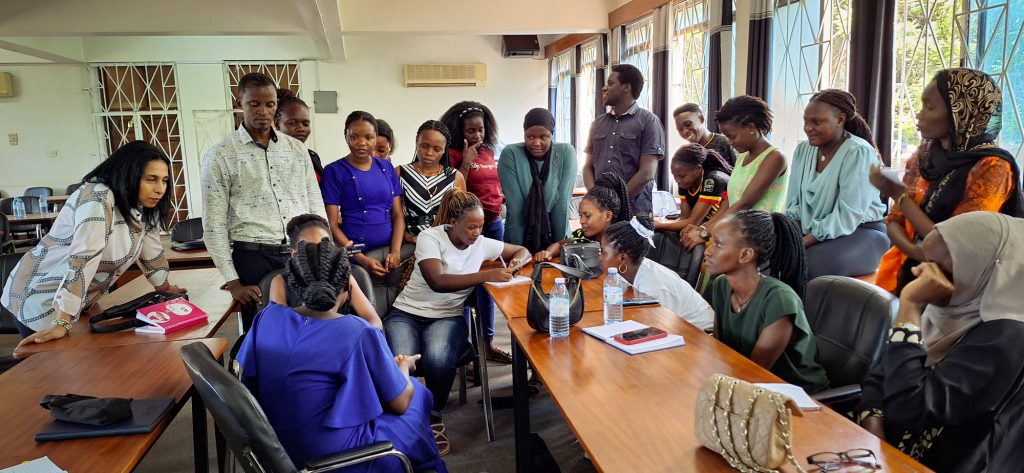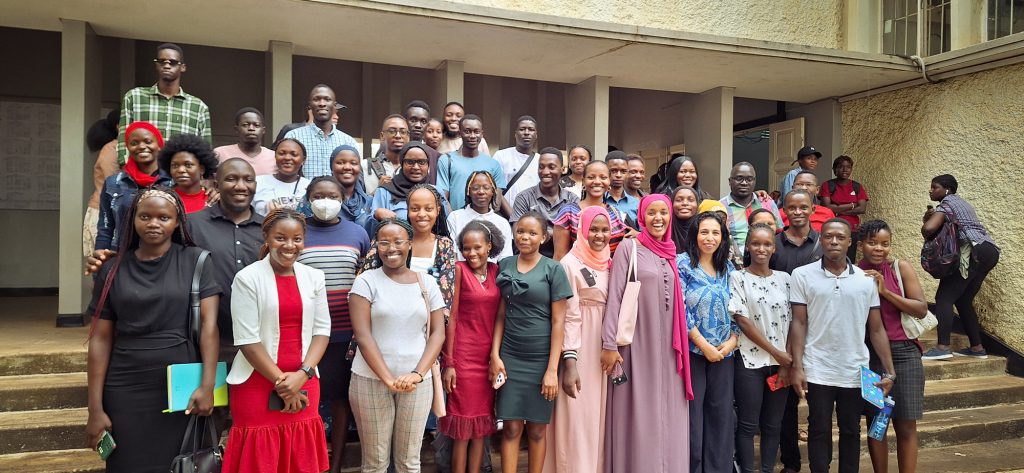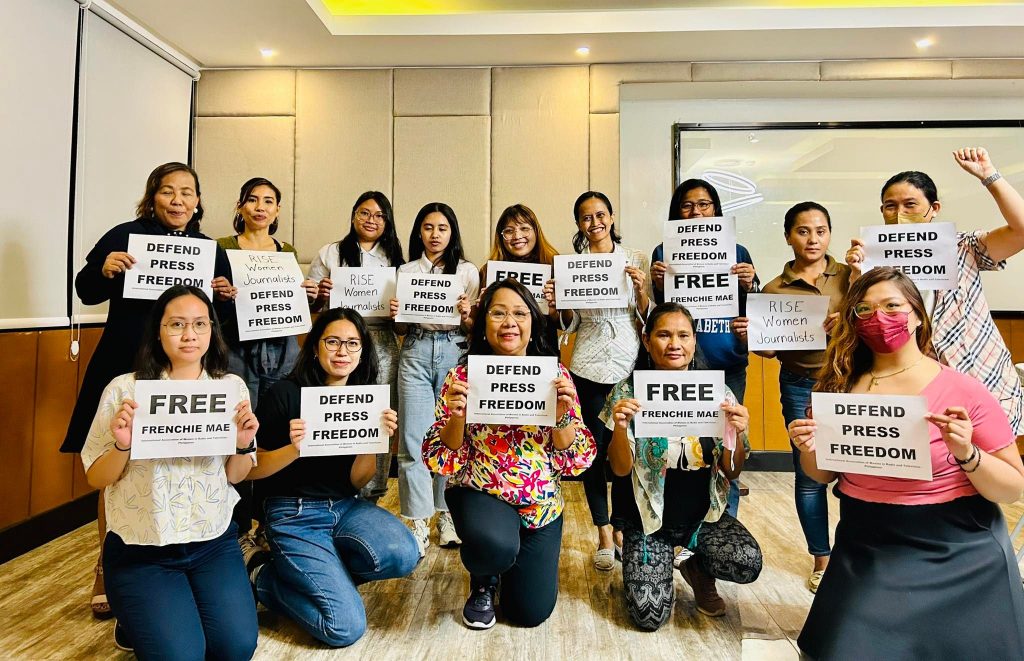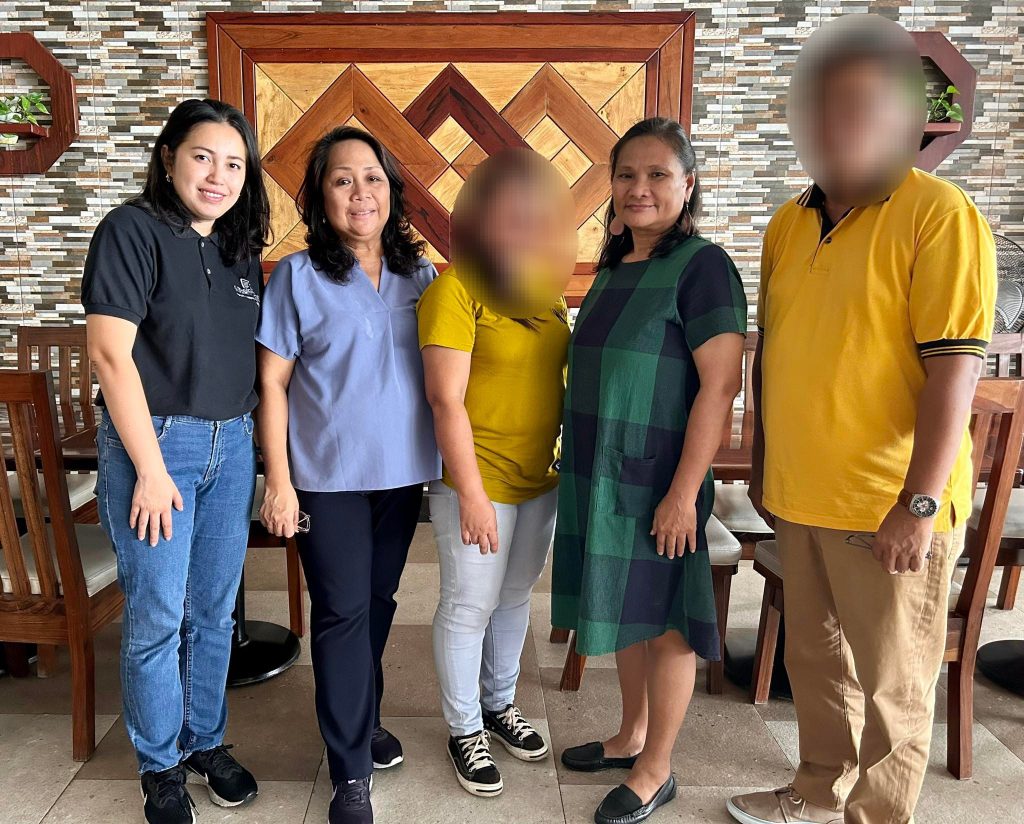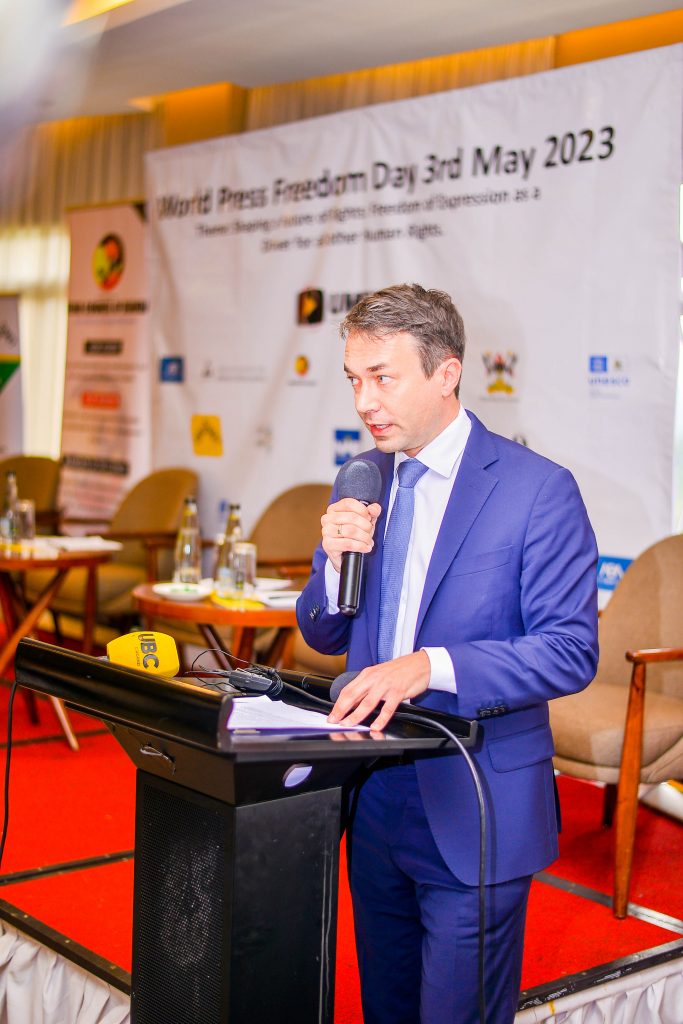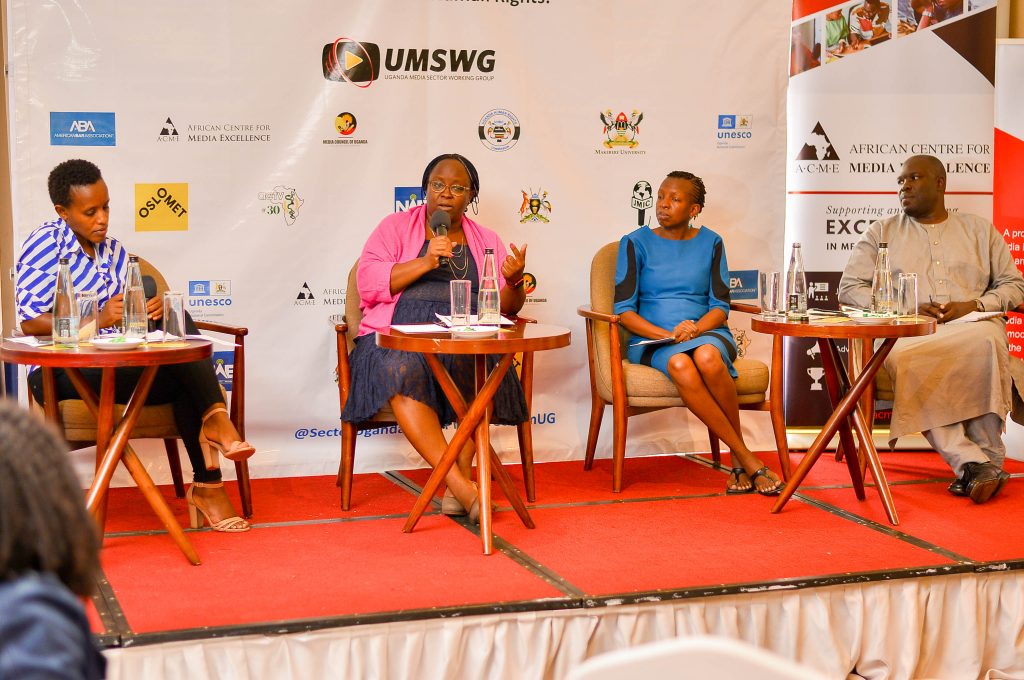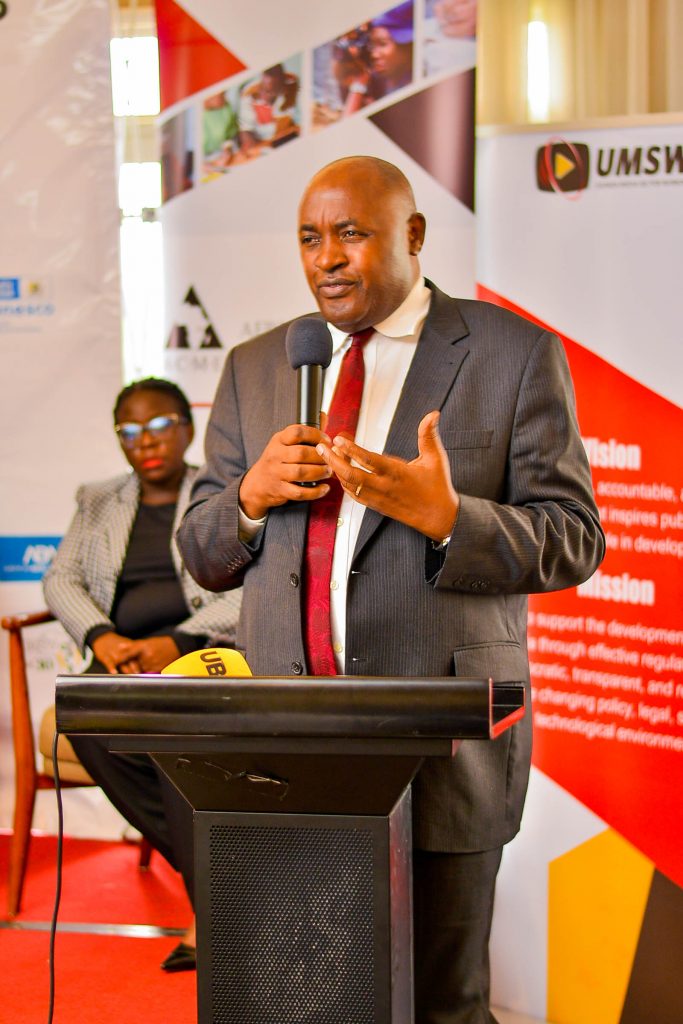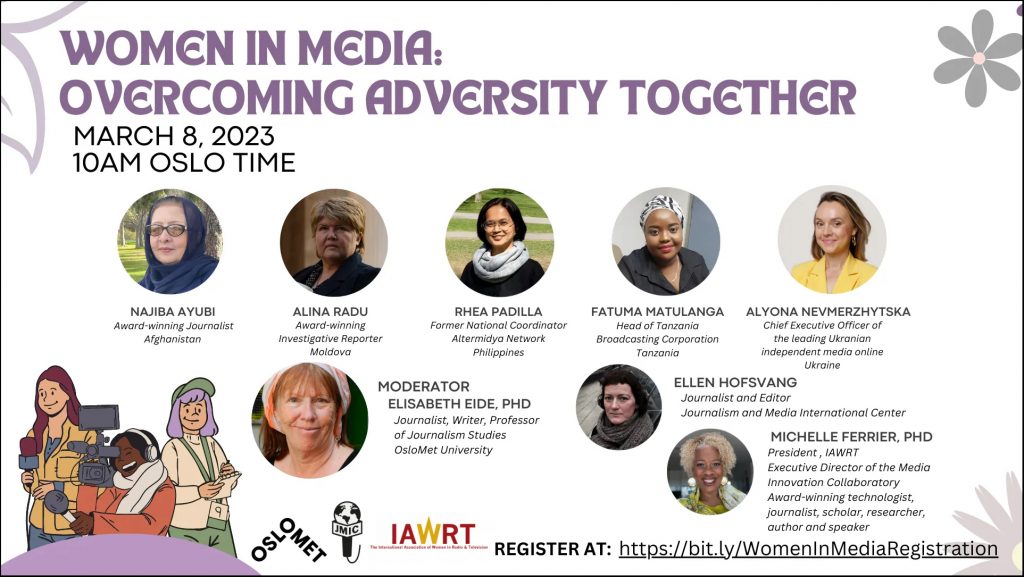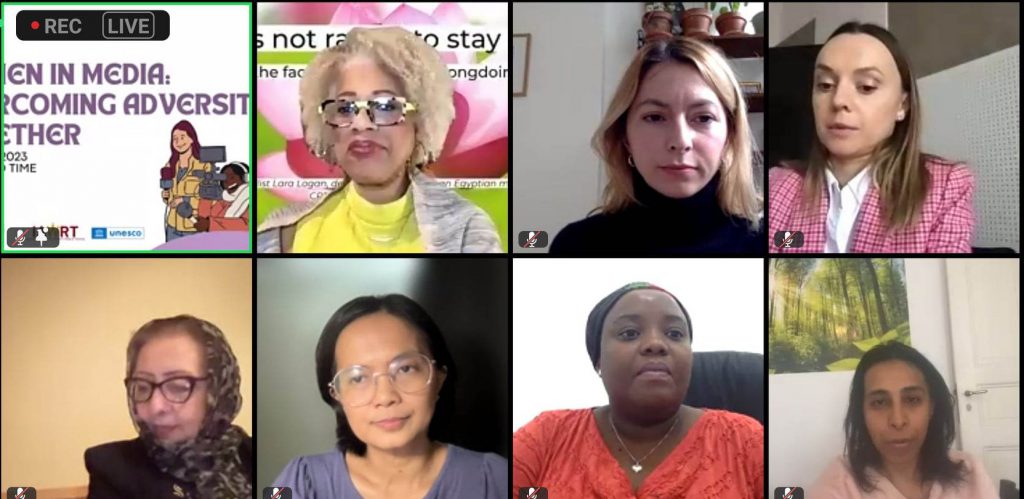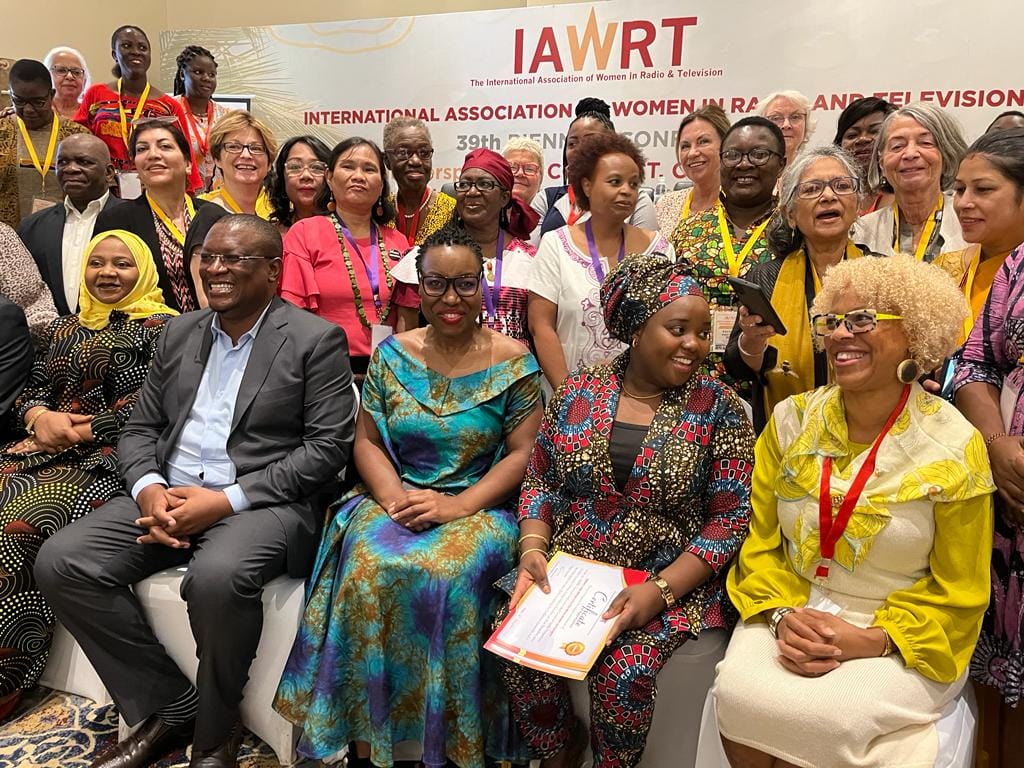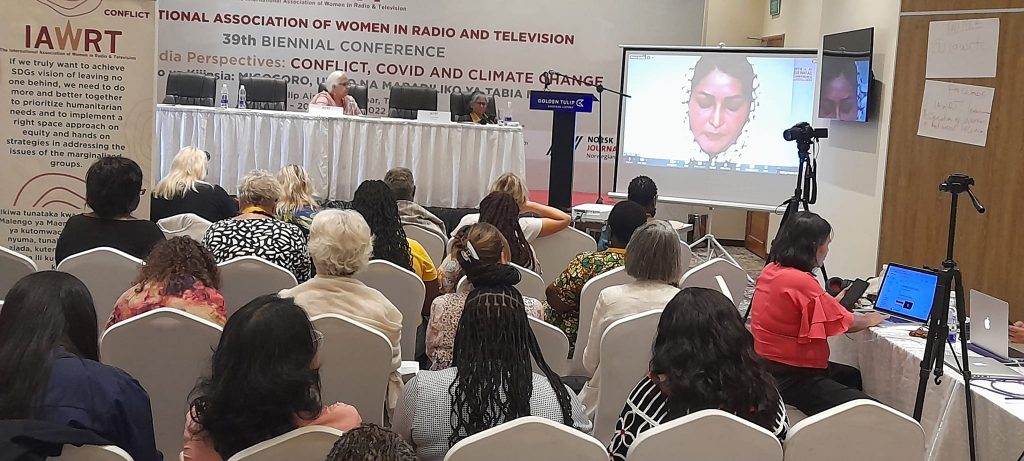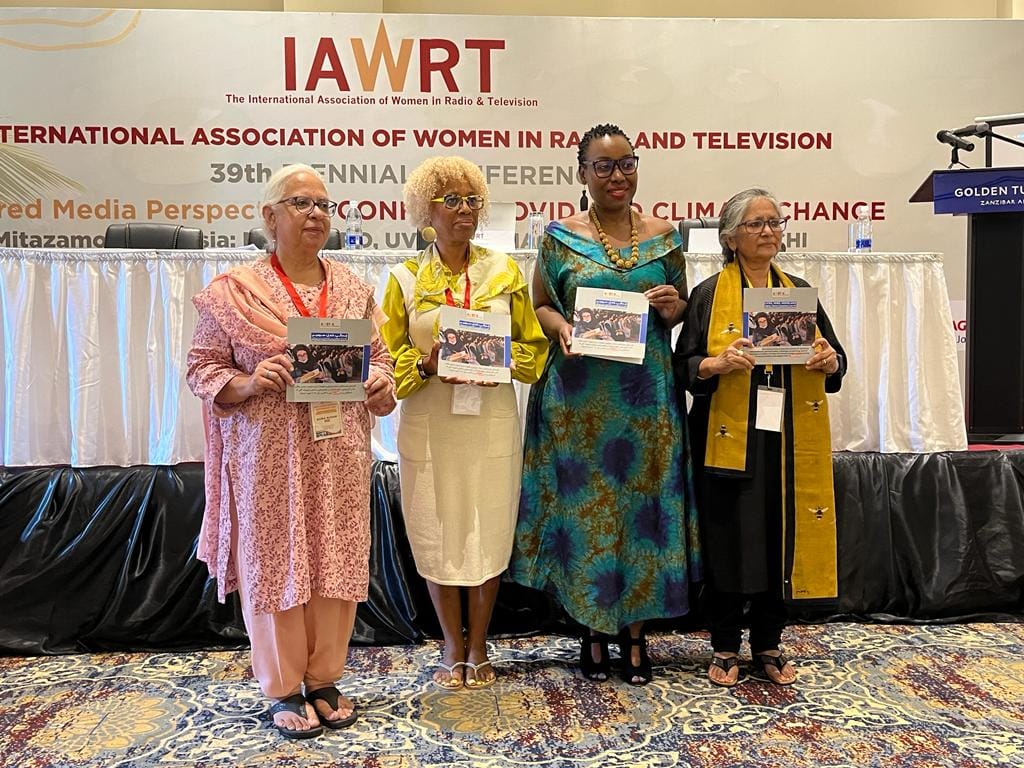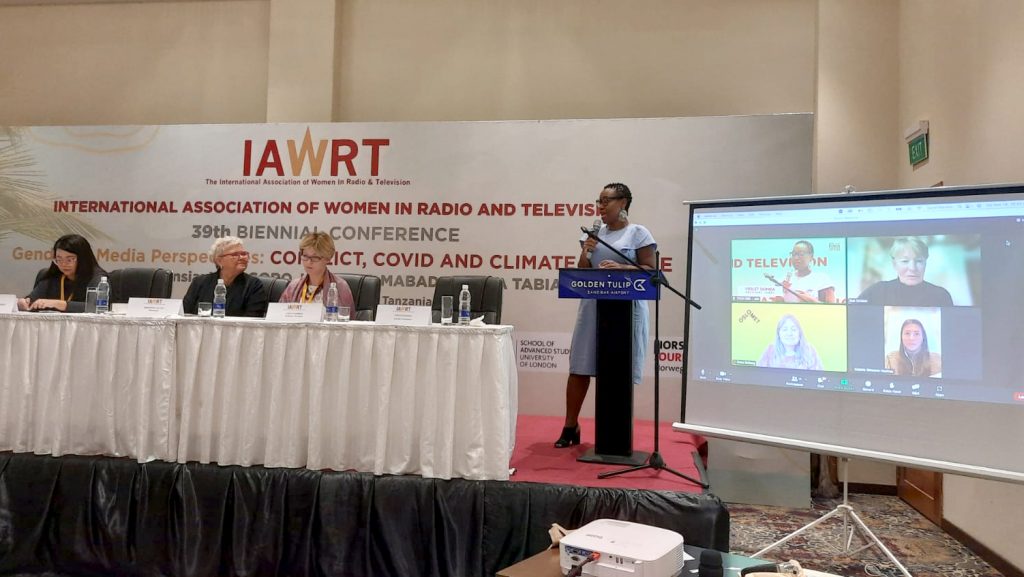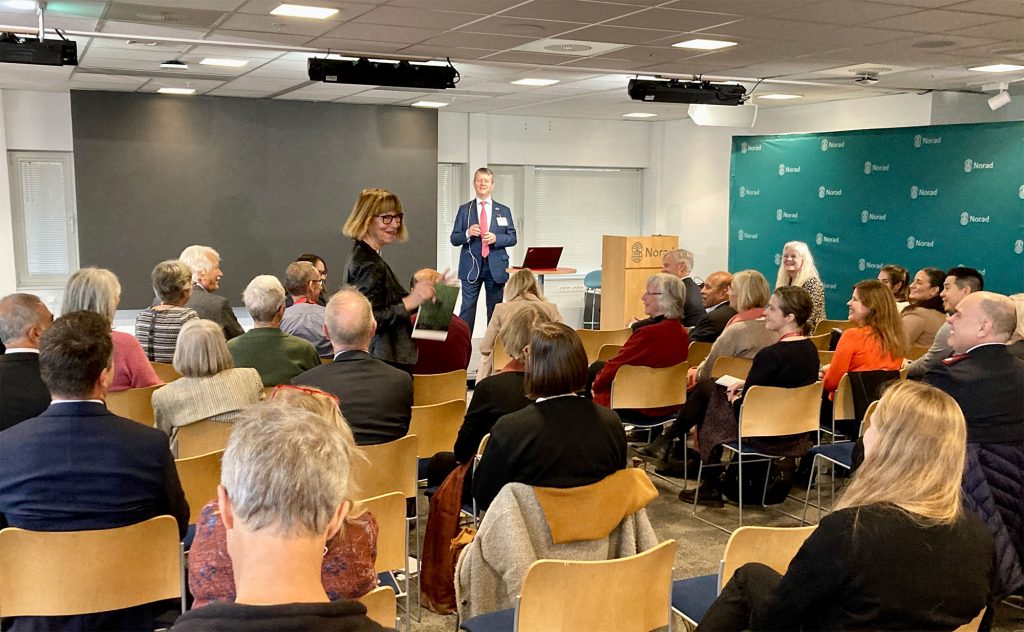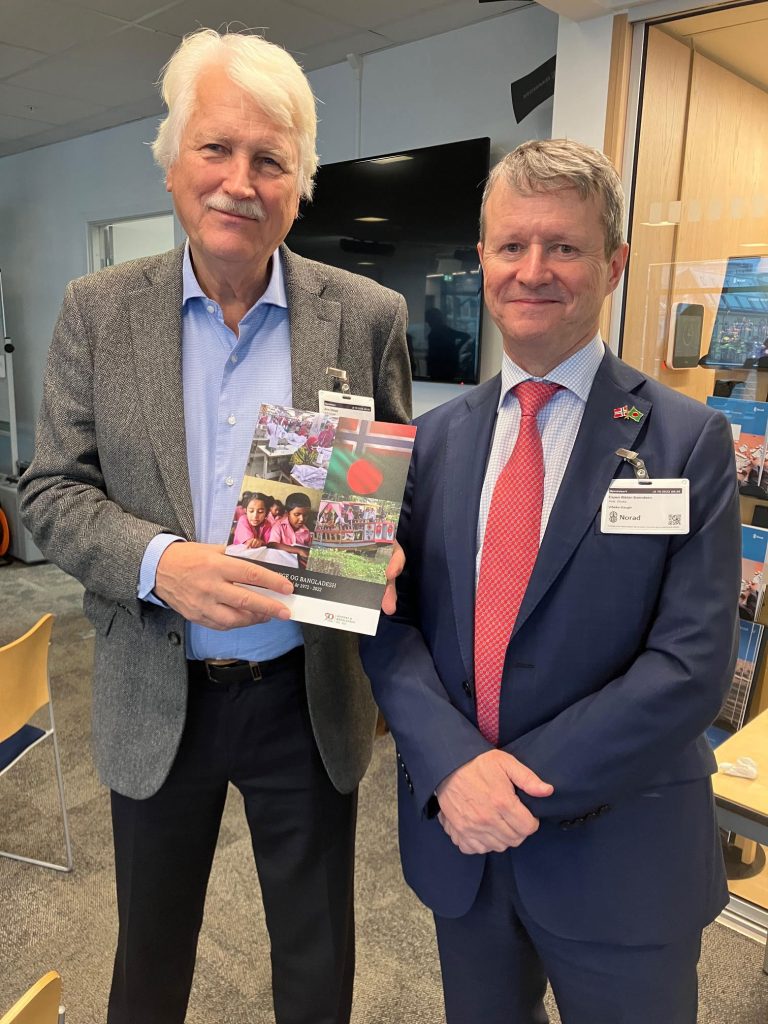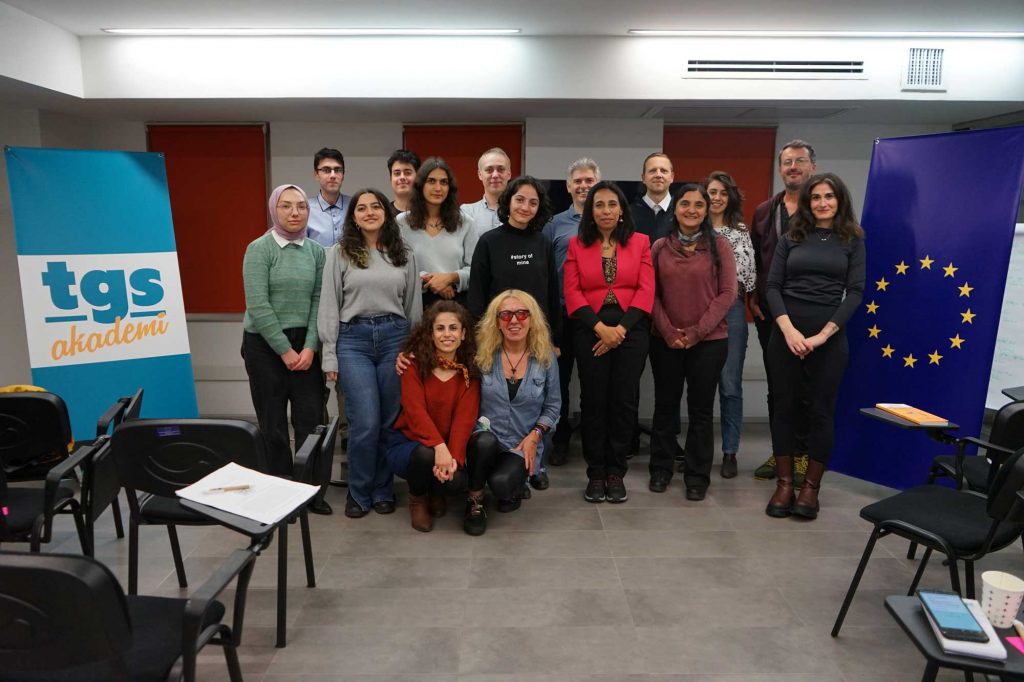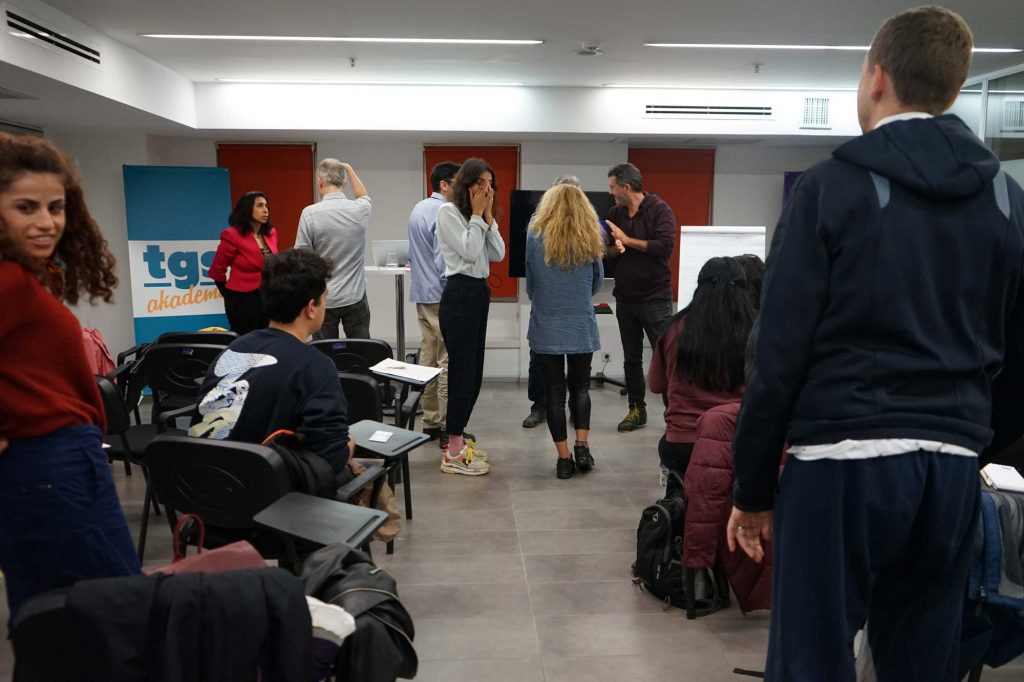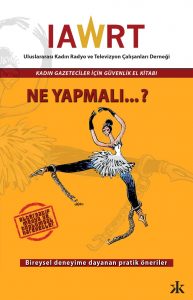Do not run away from journalism
Safety trainers advise Ugandan journalism students.
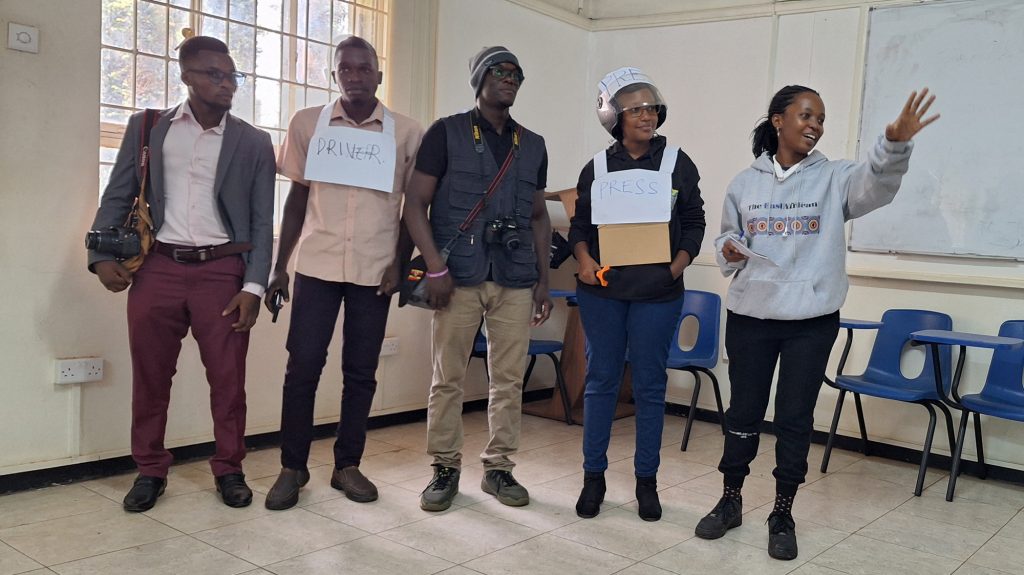
– Journalism is at a very worrying stage when you consider the attacks that are directed towards journalists. It makes some of the upcoming journalists worried, it makes some journalism students worried. But I encourage you, young people to join journalism because this profession is very important to our country, said Abubaker Lubowa, an Ugandan photojournalist.
Lubowa was one of the local trainers at a four-day journalists safety training at Makerere University. He continued:
– The attacks happening to some of us in Uganda and other parts of the world should not discourage you from joining journalism and to work in places that seem to be dangerous, because this profession is a noble calling.
The photojournalist narrated the ordeal that he and his colleagues went through in March 2025, when they were attacked by the military and the police, while covering a parliamentary bi-election in one of Kampala’s constituencies of Kawempe North. During this election more than 30 journalists were attacked by the police and the military.
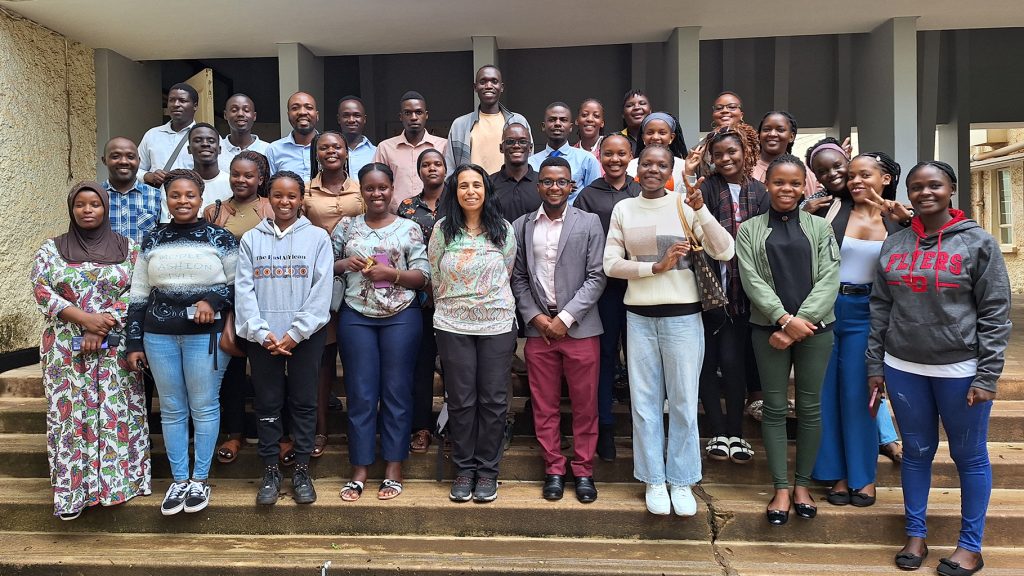
The safety of journalists training that took place from 24. – 27. March, was organised by the Department of Journalism and Communication, Makerere University with support from Journalism & Media International Centre, OsloMet University. A total of 21 female and nine male final year journalism students participated in the training.
Abeer Saady, experienced and internationally renown safety trainer lead the workshop. She encouraged participants to be resilient amidst threats they face while practicing journalism. Since 2017 the JMIC/OsloMet has been supporting the Department of Journalism and Communication at Makerere University to organise safety and security trainings for early career journalists and final year journalism students.
Uganda is one of the unsafe countries for journalists, especially those who cover opposition politicians and politics in general. According to the 2024 Reporters without Borders report, Uganda ranks 128th out of 180 countries in press freedom, with journalists facing intimidation and violence by the military and other security services on a regular basis. With Uganda heading to the general elections early in 2026, incidents of attacks on journalists, especially the ones covering politics are likely to escalate, making it necessary to prepare journalists to deal with threats.
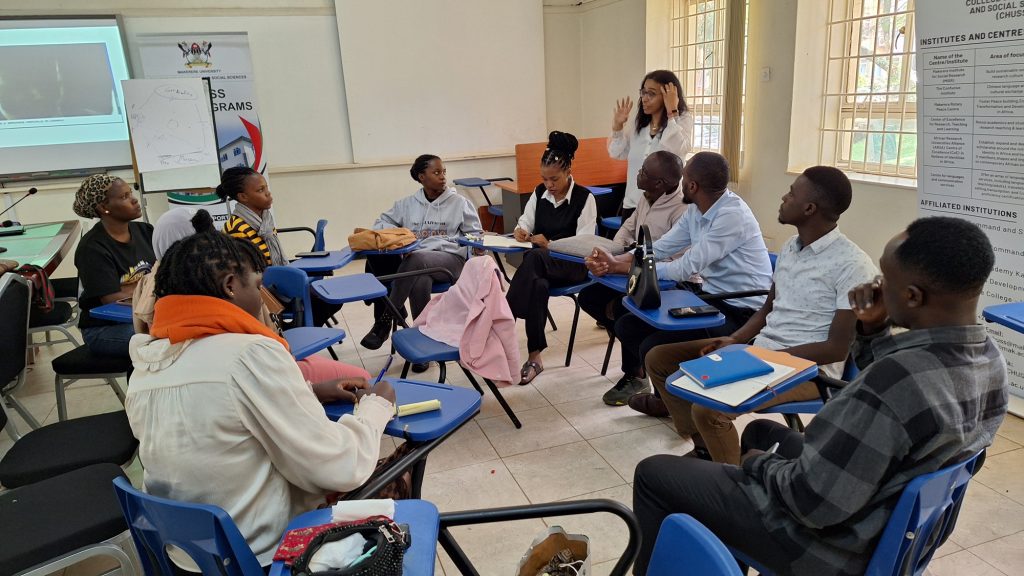
The training focused on a wide range of topics ranging from digital safety, risk management and safety planning while covering riots and violent election campaign events, safety planning, and situational awareness. Other topics included dealing with gendered threats and ethical dilemmas related to safety.
Participants appreciated the training for equipping them with such important skills. One of the participants, Jackson Odongo said:
“Hearing raw, real-world stories from seasoned journalists replaced my fears with courage to report boldly. The training armed me with tools and confidence to face the field challenges while staying true to our mission.”
Another participant, Sumin Kagoya noted that:
“Online safety hygiene training was really enlightening and applicable to my path as a journalism student. Understanding the fundamentals of digital safety hygiene has given me the ability to safeguard my sensitive data and online presence at a time when cyber threats are becoming more complex.”

